Annual Report 2020/21







The Covid pandemic created enormous challenges for UCLB, testing our business and our people in unprecedented ways. And yet, as we reflect on what has been achieved, it is clear we not only weathered the storm, but that we emerged stronger, driving forward our mission to benefit society and the economy.
We don’t underestimate how demanding this year has been for our people and the wider UCL community. The UCLB team has had to adapt ways of working across the board, often juggling competing responsibilities. We commend the great flexibility and resilience they have shown. Indeed, our output and achievements have increased over this period, thanks to their hard work, focus and expertise.
Our purpose has guided the organisation, at a time when the global impact of university-led innovation has been more apparent than ever. UCL is rich in ideas that make a difference, and in the past five years UCLB spinouts have secured a total of £2.2 billion in external investment to help bring them to the market.
Two UCLB spinouts were listed on the NASDAQ this year, taking the total to five in four years. Freeline Therapeutics, a clinical stage biotech developing gene therapies for haemophilia and rare diseases, raised $158.8 million in August 2020. And Achilles Therapeutics made its NASDAQ debut in April 2021, raising $175.5 million to further develop personalised treatments for cancer patients, using cutting-edge tumour sequencing and immunotherapies.
Further significant investment was secured for
Apollo Therapeutics, an innovative partnership between UCL, Imperial College London and University of Cambridge and three global pharmaceutical companies, Johnson & Johnson, GSK and AstraZeneca. The £100 million in new funding will accelerate Apollo’s mission to rapidly advance early-stage research into clinical development for patient benefit.
UCL Technology Fund also made important steps towards supporting more UCL innovations that have prospects for outstanding commercial return, with a final close of Fund 2 expected in the months ahead.
Launched this year, new spinouts Axovia Therapeutics and Queen’s Square Analytics will drive forward breakthrough technologies in gene therapy and clinical imaging respectively. And an $84 million extended Series A financing in February 2021 for Quell Therapeutics will support development of immunotherapies with the potential to transform patients’ lives.
We have also been excited by the success of spinouts targeting a diverse range of challenges, from lowering the cost of fuel cell technologies to enhancing the performance of semiconductor chips that power everyday devices such as our laptops and phones, and finally supporting the safe operation of transport infrastructure in the UK and overseas. Bramble Energy, a UCLB spinout using hydrogen fuel cell technology to develop clean energy sources across multiple industries, secured £5 million Series A investment. A revolutionary embedded computer memory technology created by researchers from UCL’s Department of Electronic and Electrical Engineering led to £1.35 million in seed funding for spinout Intrinsic. And long-
established spinout Senceive Ltd was acquired by Canadian industrial technology group Eddyfi/ NDT. UCLB’s close and proactive involvement in supporting the company on its journey from formation to becoming the global leader in wireless remote condition monitoring, resulted in a sale that produced an exceptional return on UCLB’s investment.
In total, UCLB’s activities have resulted in £xx distributed back to the university this year, helping to fund further cutting-edge research. After several years of investment into spinouts and licences that are now producing returns, we are in profit, achieving a sustainable model which will continue to deliver benefits to UCL and UCLB. This sustainable income stream confers greater financial independence, allowing us to grow our ambitions, and explore opportunities to support earlier-stage, higher-risk ventures, and those which deliver impact beyond commercial returns.
One such project saw an academic from UCL’s Slade School of Fine Art launch the first ever range of paints whose foundations are coal mine waste, with support from UCLB’s social ventures team. Profits from sales of the paints flow back to a community interest company which is helping to connect former mining villages with their heritage.
There has been no diminution in the flow of enterprising ideas from across the university. The community of UCL researchers disclosed 166 inventions this year, maintaining the strong pipeline of ideas which underpins our work.
In the coming months, as we settle into hybrid working from a new shared office space with UCL
Innovation & Enterprise teams, we look forward to even closer working with the university. With leadership from a new provost and Vice Provost (Research, Innovation and Global Engagement) we will develop a new strategic plan for the next three years, capitalising on the strengths of London’s global university.
We will also continue to grow our external networks, reflecting an increasingly global interest in the UK’s world-leading technology, and ensuring our ability to engage with an international marketplace.
Anne Lane, CEO & David Hunter, Chairman


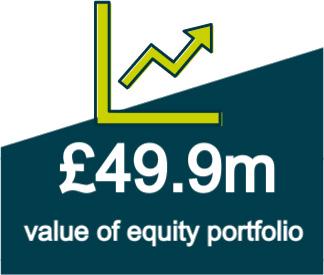

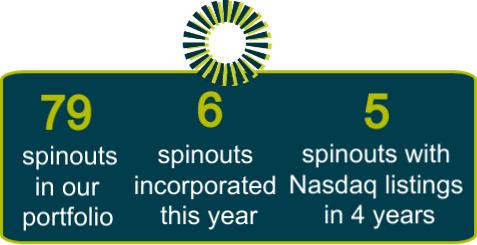

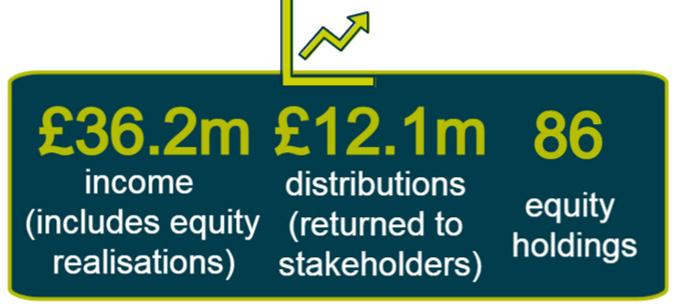

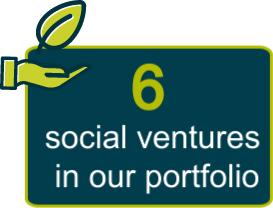
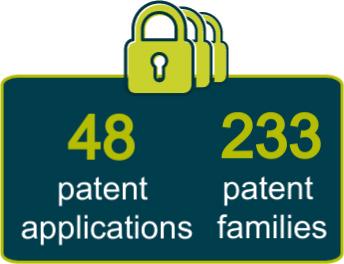

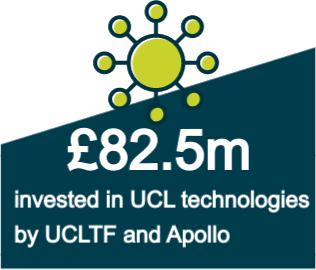
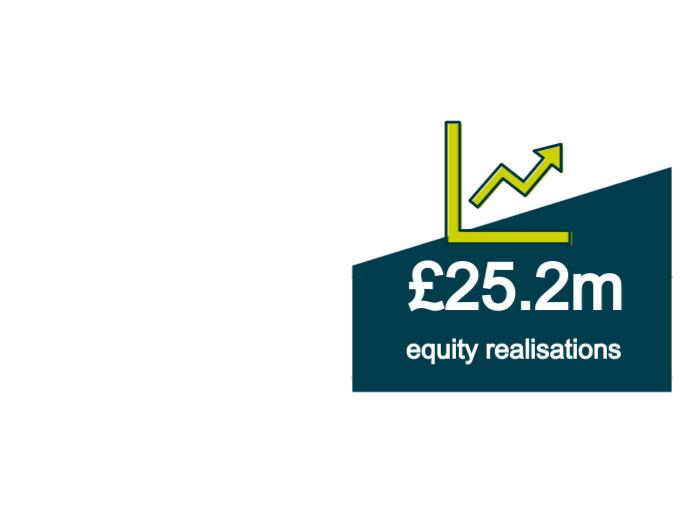
In April 2021, Senceive Ltd, a UCLB spinout company arising from research undertaken within the Department of Electronic and Electrical Engineering was acquired by Eddyfi/NDT, a Canadian industrial technology group headquartered in Quebec City.

Senceive was created in 2006, to capitalise on innovations in the area of wireless sensor networking technology and over a 15 year journey became the world leader in the design, manufacture and supply of wireless condition monitoring solutions that provided repeatable, high-quality data on the structural and geotechnical condition of infrastructure assets across industry sectors ranging from rail to construction and mining.
UCLB worked cohesively with the Senceive management team throughout the spinout journey, providing a broad range of expertise together with investment capital. It helped translate a promising early stage technology, into a robust and scalable monitoring solution that found application in major UK infrastructure projects such as CrossRail and HS2 together and more widely in over 30 countries across the globe.
Dr Steven Schooling who identified the underlying research project which UCLB initially supported with Proof of Concept funds and who subsequently
worked closely with the Senceive team from formation through to exit, commented that
“by the time of the acquisition, Senceive’s CEO Graham Smith had built a company that was widely recognised as an industry leader, delivering exceptional commercial growth backed up by the development of innovative product offers and excellent customer service. It was a journey not without commercial, technical and financial challenges, but it unlocked an outcome for shareholders and key employees that was truly exceptional.”
Income analysis for 2020/2021
£’000
Royalties and intellectual property income 6,980 Spinout exit (realised) 25,212
Fair value gain/loss on quoted investments (adjusted) (4,174)
Services to UCL 1,500 Research and Proof od Concept funding 4,281 Other 2,409
Total 36,208 Realised (without FV adj) 40,382
Expenditure analysis for 2020/2021 £’000
Patent costs 1,765
Distributions to academics and external parties 6,151
Distributions to UCL 5,980 Research and consultancy 4,619
Operating costs (Staff and other costs) 5,625
Total 24,140